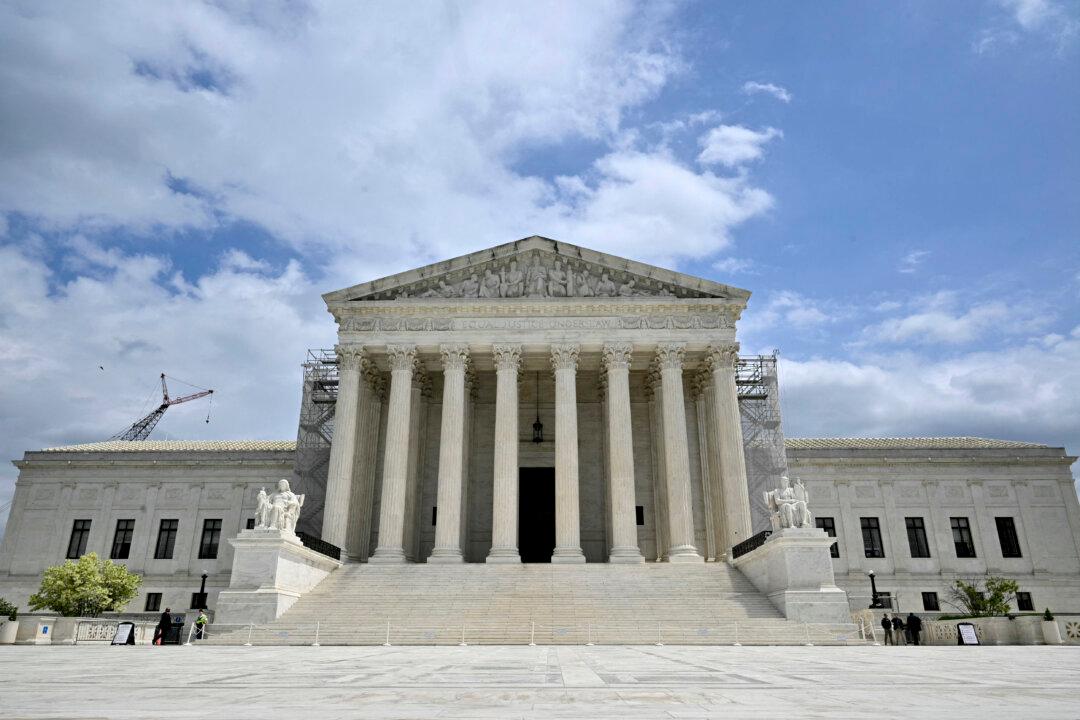The Supreme Court agreed on June 3 to hear an appeal from Salvatore “Fat Sal” Delligatti, an alleged Genovese crime family associate who is challenging a gun crime conviction that added five years to his prison sentence.
Two years ago, the court made it more difficult for prosecutors to pursue enhanced prison sentences for a “crime of violence.”





